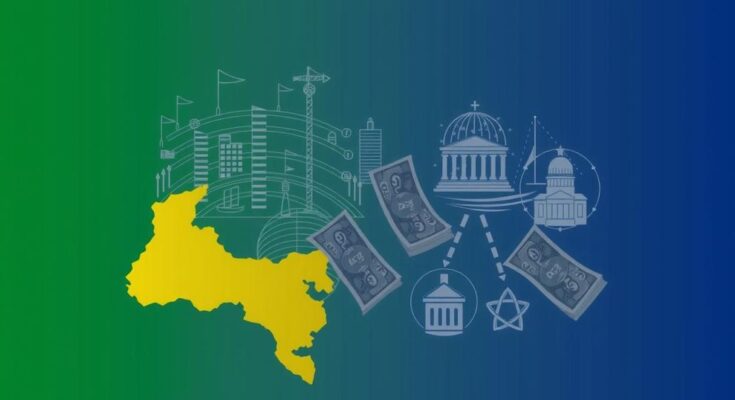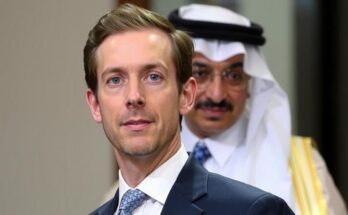The IMF has required the DRC to establish a Treasury Single Account and implement tax reforms to access $2.87 billion in financing over three years. This measure aims to enhance fiscal transparency and accountability within the government’s financial management system, with an emphasis on mobilizing domestic revenue and decentralizing spending authority.
The International Monetary Fund (IMF) has called upon the Democratic Republic of Congo (DRC) to consolidate its government accounts into a singular Treasury Single Account (TSA) as a condition for receiving $2.87 billion in financing over the next three years. This initiative, which has been on the agenda since 2019, aims to enhance transparency and efficiency in managing public resources, yet the government has been slow in its implementation. The new financial agreement comprises $1.77 billion from the IMF’s Extended Credit Facility (ECF) and an unprecedented $1.1 billion from the Resilience and Sustainability Facility (RSF), necessitating expedited efforts to roll out the TSA and undertake significant tax reforms. Calixte Ahokpossi, the IMF mission chief for the DRC, emphasized the importance of adhering to public expenditure protocols, highlighting that the DRC possesses more than 3,600 government-related accounts that must be streamlined to ensure budget credibility and improve tax policies. Furthermore, the IMF has outlined reforms aimed at decentralizing spending authorization, enhancing domestic revenue mobilization, and combatting tax evasion, all of which mirror initiatives in other African nations such as Uganda and Kenya while facing potential public dissent.
The International Monetary Fund (IMF) has actively sought reform measures within countries seeking financial support, particularly concerning the management of government finances. In the case of the Democratic Republic of Congo, the IMF’s push for a Treasury Single Account (TSA) and tax reforms reflects a broader trend in the region where such measures are believed to enhance fiscal discipline and transparency. Similar strategies have been observed in Uganda and Tanzania, with varying degrees of public acceptance and implementation challenges. The DRC, facing economic pressures and a complex governance structure, aims to address these issues through the proposed financing deal.
In conclusion, the IMF’s requirements for the DRC to implement a Treasury Single Account and undergo extensive tax reforms highlight the fund’s commitment to fostering fiscal responsibility and enhancing transparency within government financial systems. The newly proposed funding serves not only as financial support but also as a catalyst for significant economic reform aimed at stabilizing and revitalizing the DRC’s economy. Successful implementation hinges on the government’s willingness to act decisively and engage with the outlined reforms.
Original Source: www.theeastafrican.co.ke




